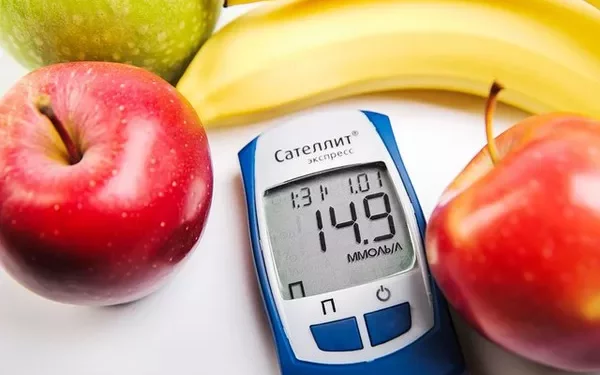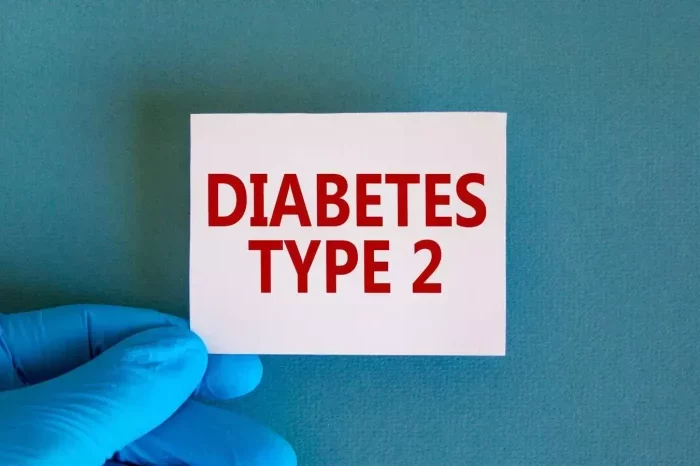Hypoglycemia, defined as low blood sugar levels typically below 70 mg/dL (3.9 mmol/L), can be a concerning condition, especially when it occurs persistently or recurrently. While hypoglycemia is commonly associated with diabetes treatment, there are various underlying causes that can lead to persistent episodes of low blood sugar. This article explores the potential causes, triggers, and management strategies for persistent hypoglycemia.
Understanding Hypoglycemia
Hypoglycemia occurs when the body’s glucose (sugar) levels drop below normal levels. Glucose is the primary source of energy for cells, particularly for the brain. When blood sugar levels fall too low, the body may not have enough energy to function properly, leading to symptoms ranging from mild discomfort to severe impairment.
Normal Blood Sugar Regulation
In healthy individuals, blood sugar levels are tightly regulated through a complex interplay of hormones, primarily insulin and glucagon. Insulin lowers blood sugar levels by facilitating the uptake of glucose into cells, while glucagon raises blood sugar levels by promoting the release of stored glucose from the liver. This balance ensures that blood sugar levels remain within a narrow range, even during fasting or after meals.
Causes of Persistent Hypoglycemia
Diabetes Medications
Insulin Therapy: Insulin is a vital treatment for people with type 1 diabetes and sometimes necessary for those with type 2 diabetes. However, administering too much insulin relative to blood glucose levels can lead to hypoglycemia. This can happen if insulin doses are too high, if meals or snacks are delayed or skipped after insulin administration, or if there is an imbalance in physical activity levels.
Insulin-Secretagogues: Certain oral medications for type 2 diabetes, such as sulfonylureas (e.g., glyburide, glipizide) and meglitinides (e.g., repaglinide), stimulate insulin release from the pancreas. If not matched correctly with food intake or if doses are excessive, these medications can cause hypoglycemia.
Other Medications
Beta-Blockers: Used to treat conditions like high blood pressure and heart disease, beta-blockers can impair the body’s response to hypoglycemia, making it harder to recognize and treat low blood sugar episodes.
Quinolone Antibiotics: Certain antibiotics, such as ciprofloxacin and levofloxacin, have been associated with an increased risk of hypoglycemia, especially in older adults and those with pre-existing diabetes.
Alcohol Consumption
Alcohol can interfere with the liver’s ability to release stored glucose into the bloodstream. This effect, combined with its tendency to mask the symptoms of hypoglycemia, can lead to prolonged low blood sugar levels in individuals who consume alcohol excessively or without adequate food intake.
Endocrine Disorders
Insulinoma: This rare tumor of the pancreas produces excessive amounts of insulin, leading to persistent hypoglycemia. Symptoms can be severe and occur even during fasting.
Adrenal Insufficiency: Conditions such as Addison’s disease, where the adrenal glands do not produce enough cortisol and sometimes aldosterone, can result in hypoglycemia due to insufficient counter-regulatory hormones needed to raise blood sugar levels.
Hypopituitarism: A condition where the pituitary gland fails to produce one or more of its hormones, including growth hormone and adrenocorticotropic hormone (ACTH), can lead to adrenal insufficiency and subsequent hypoglycemia.
Liver Disease
The liver plays a crucial role in maintaining blood sugar levels by releasing stored glucose (glycogen) when needed. Liver diseases, such as cirrhosis or hepatitis, can impair this function, leading to hypoglycemia, especially during fasting periods.
Kidney Disorders
Chronic kidney disease (CKD) can affect the clearance of medications, including those that lower blood sugar levels, potentially leading to prolonged hypoglycemia. Additionally, impaired kidney function can alter glucose metabolism and increase the risk of low blood sugar.
Rare Genetic Disorders
Congenital Hyperinsulinism: This genetic disorder causes the pancreas to secrete too much insulin, leading to persistent hypoglycemia in infants and children.
Glycogen Storage Diseases: These inherited disorders affect enzymes involved in glycogen metabolism, leading to difficulty releasing glucose from glycogen stores, particularly during fasting or prolonged periods without food.
Pancreatic Disorders
Pancreatitis: Inflammation of the pancreas can disrupt insulin production and secretion, leading to erratic blood sugar levels, including hypoglycemia.
Pancreatectomy: Surgical removal of part or all of the pancreas, often necessary in cases of pancreatic cancer or severe pancreatitis, can result in insulin deficiency and subsequent hypoglycemia.
Tumors Outside the Pancreas
Extra-Pancreatic Tumors: Certain tumors, such as mesenchymal tumors or non-islet cell tumors, can produce hormones that lower blood sugar levels (paraneoplastic syndrome), leading to persistent hypoglycemia.
Diagnostic Evaluation
When evaluating persistent hypoglycemia, healthcare providers typically conduct a thorough history and physical examination to identify potential causes. Laboratory tests may include:
- Blood Glucose Monitoring: To confirm low blood sugar levels during symptomatic episodes.
- Fasting Tests: To assess how the body responds to prolonged periods without food, which can help diagnose conditions like insulinoma or adrenal insufficiency.
- Insulin and C-peptide Levels: To differentiate between insulinoma (high insulin and C-peptide levels) and exogenous insulin use (high insulin, low C-peptide).
- Hormone Tests: To evaluate adrenal and pituitary function, particularly in cases of suspected adrenal insufficiency or hypopituitarism.
- Liver Function Tests: To assess liver health and function, which can impact glucose metabolism.
Management Strategies
Adjusting Medications
For individuals with diabetes, adjusting insulin or oral medications to better match meal patterns and activity levels can help prevent hypoglycemia.
Nutritional Management
Eating regular meals and snacks that contain carbohydrates, proteins, and fats can help stabilize blood sugar levels and prevent hypoglycemia.
Continuous Glucose Monitoring (CGM)
CGM devices can provide real-time glucose readings and alert users to impending hypoglycemia, allowing for prompt intervention with food or glucose tablets.
Treating Underlying Conditions
Treating underlying endocrine disorders, liver disease, kidney disease, or tumors can help resolve persistent hypoglycemia.
Emergency Treatments
In severe cases of hypoglycemia, where the individual is unable to consume oral glucose, glucagon injections or intravenous (IV) glucose may be necessary to rapidly raise blood sugar levels.
See also: What Triggers Reactive Hypoglycemia
Conclusion
Persistent hypoglycemia can be a challenging condition to manage, requiring a thorough evaluation to identify and address underlying causes effectively. Whether related to diabetes medications, endocrine disorders, liver disease, or other factors, early recognition and appropriate management are essential to prevent complications and improve quality of life. By understanding the potential causes of persistent hypoglycemia and implementing targeted treatment strategies, healthcare providers can help individuals achieve better glucose control and overall health outcomes. Continued research into the mechanisms and management of hypoglycemia remains critical to advancing care and support for affected individuals.
Related topics:
What’s the Role of Water in Managing Hypoglycemia
What’s the Connection of Chronic Kidney Disease and Hypoglycemia


























